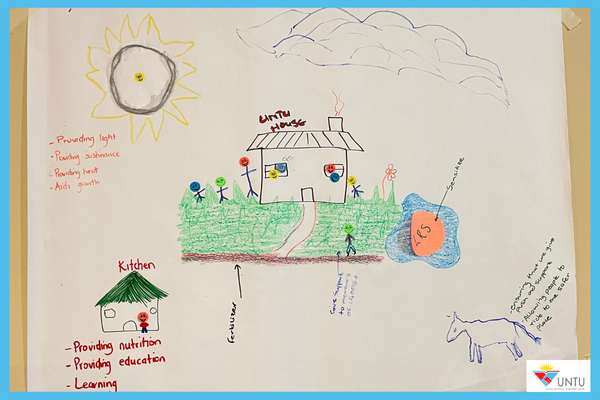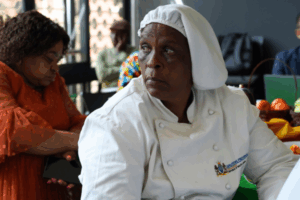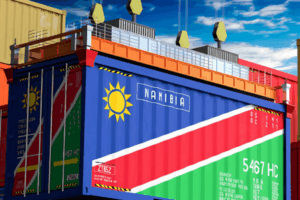Violence and harassment at work come in many forms, both visible and hidden. Unions face the challenge of addressing not only the overt issues but also those that are overlooked or ignored. The Labour Research Service (LRS) supports trade unions in promoting safety and inclusion by using frameworks such as ILO Convention 190 (C190) to identify and tackle systemic violence, including violence linked to gender and sexuality.
C190 recognises violence and harassment as workplace hazards and encourages unions to use collective bargaining and Occupational Health and Safety (OHS) frameworks as entry points. This approach helps unions integrate C190 into familiar frameworks, especially in sectors like transport, where gender-based violence (GBV) and LGBTQ+ inclusion are often invisibilised. The United National Transport Union (UNTU), supported by LRS, advanced its inclusion mission through this strategy.
UNTU’s initial focus was on protecting individual LGBTQ+ members. In 2024, the union expanded its approach by assessing systemic risks using the International Transport Workers’ Federation toolkit on LGBT+ issues, the Code of Good Practice, and occupational health and safety (OHS) measures to address workplace violence.
For the first time, UNTU conducted an OHS risk assessment to identify workplace hazards and develop targeted interventions. Members identified risks related to isolated working conditions, interactions with the public, and workplace cultures shaped by heteronormativity and rigid gender roles. They progressed from recognising risks to creating practical, union-driven responses.
UNTU’s experience demonstrates that inclusion can be integrated in mainstream union bargaining and policy development. It also affirms that advocating for inclusion cannot be separate from responding to gender-based violence.
Maria Chonco, UNTU National Organiser, reflects on the outcome of the LRS learning intervention.
What did the workshop achieve for UNTU members?
The union members who attended the workshop now have a clearer understanding of their rights and how to address violence and harassment. We feel more confident in demanding our rights, such as equal pay for equal work, regardless of gender, race, or any other factor, and pushing for inclusive hiring practices. I thank LRS for their ongoing support of UNTU.
How has UNTU’s approach to inclusion changed?
UNTU’s inclusion advocacy has transformed. In the past, inclusion efforts were often sidelined, with limited resources and attention given to diversity and equity. Inclusion is now a central part of our overall strategy. We’ve made a deliberate effort to bring it into the mainstream of our work. This shift is reflected in our allocation of dedicated resources and the integration of inclusion into our core programmes and services. We are proud of the achievements and remain committed to building our skills and advancing the union’s inclusion mission.
What are UNTU’s inclusion demands?
We want to see zero tolerance for violence and harassment in every workplace. We demand that employers and the government take concrete steps to prevent and address violence, harassment, discrimination, and gender-based violence in the world of work. We also call for equal pay for equal work, regardless of identity or other factors.
RELATED ARTICLE
Strategies for creating safe spaces for workers to speak out and take actions
RELATED RESOURCES







